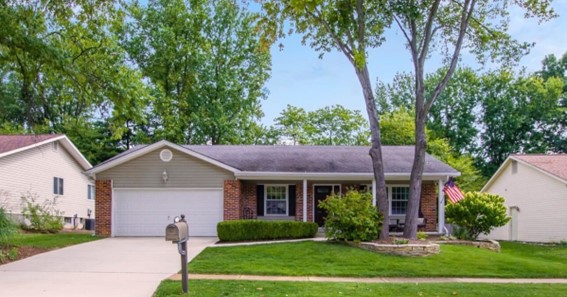You might know that you can claim a depreciation for your property if you rent it out. But do you know what kind of depreciation you can claim? There are many different types of depreciations, and the rules are slightly different if your property is classified as a short-term rental.
Now, there are two main types of depreciation: capital expense, which refers to an upfront cost that cannot be recuperated in the near future; and capital asset, which refers to something that has value over time, such as land or an investment.
When renting your home, there are special considerations regarding how much depreciation you can claim. In this article, we’ll explain everything you need to know about short term rental depreciation.
What Are Short-Term Rental Depreciations?
Short-term rentals are properties that are leased out for less than six months at a time. So, if you own a property and rent it out for less than six months at a time, then you will not be able to claim the usual capital allowance (CA) on your rental property.
Instead, you have the option of depreciating the property over a period of five years.
How To Calculate Short-Term Rental Depreciations?
When calculating rental depreciation for a short-term rental, you will need to calculate the cost of your rental property as well as the annual rental income. Doing this will help you determine the annual rate of return from your rental property.
Once you have this information, you will then be able to calculate the depreciation amount on your rental property. Keep in mind that rental depreciations are calculated differently than capital allowances.
Firstly, you need to calculate the net income from your rental property by subtracting the annual expenses (e.g. mortgage payments, property taxes, insurance, cleaning, etc.) from your annual rental income.
Next, you need to determine your annual rate of return from your rental property. You can do this by dividing your net annual income from your rental property by the cost of your rental property.
Finally, you need to calculate your rental depreciations. You can do this by multiplying the annual rental rate of return by the appropriate rate of the year you acquired your rental property.
Remember that short-term rental depreciations are calculated differently than capital allowances. Therefore, short-term rental depreciations can be claimed on all assets except for land.
The Key Takeaway
In today’s world, renting out your property short term can be beneficial on many levels. Whether it’s as a way to offset your mortgage or simply as a source of income, this practice is becoming more and more popular.
With that in mind, you may be considering investing in the necessary renovations and renos to get your property into shape for this sort of renting. However, as you might have learned, owning short term rentals is not so straightforward and there are things that you need to be aware of before diving head-first into this venture.
Hopefully, the information in this article should help you get familiar with these particular types of depreciations if you plan on investing in a short term rental property.
